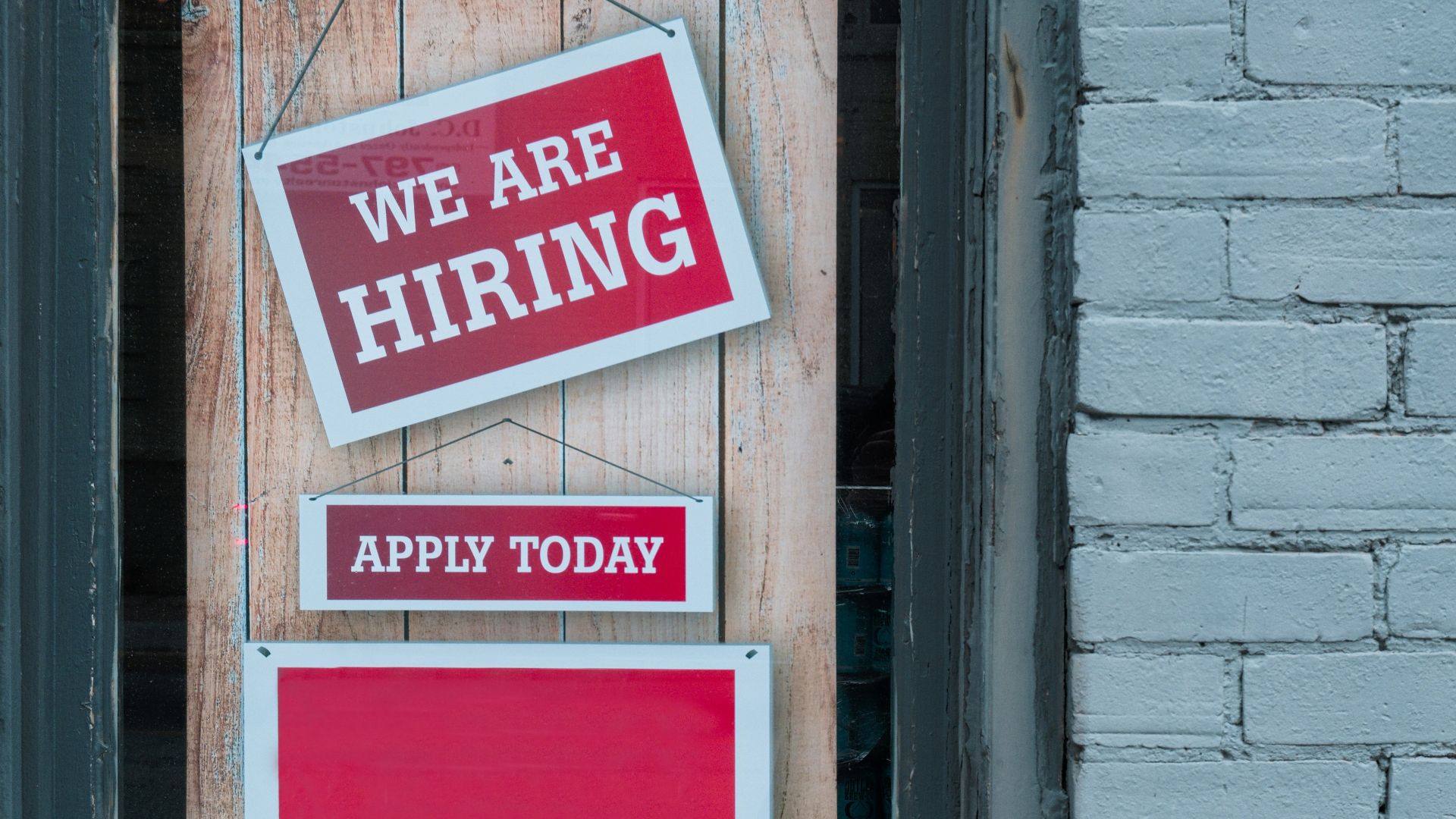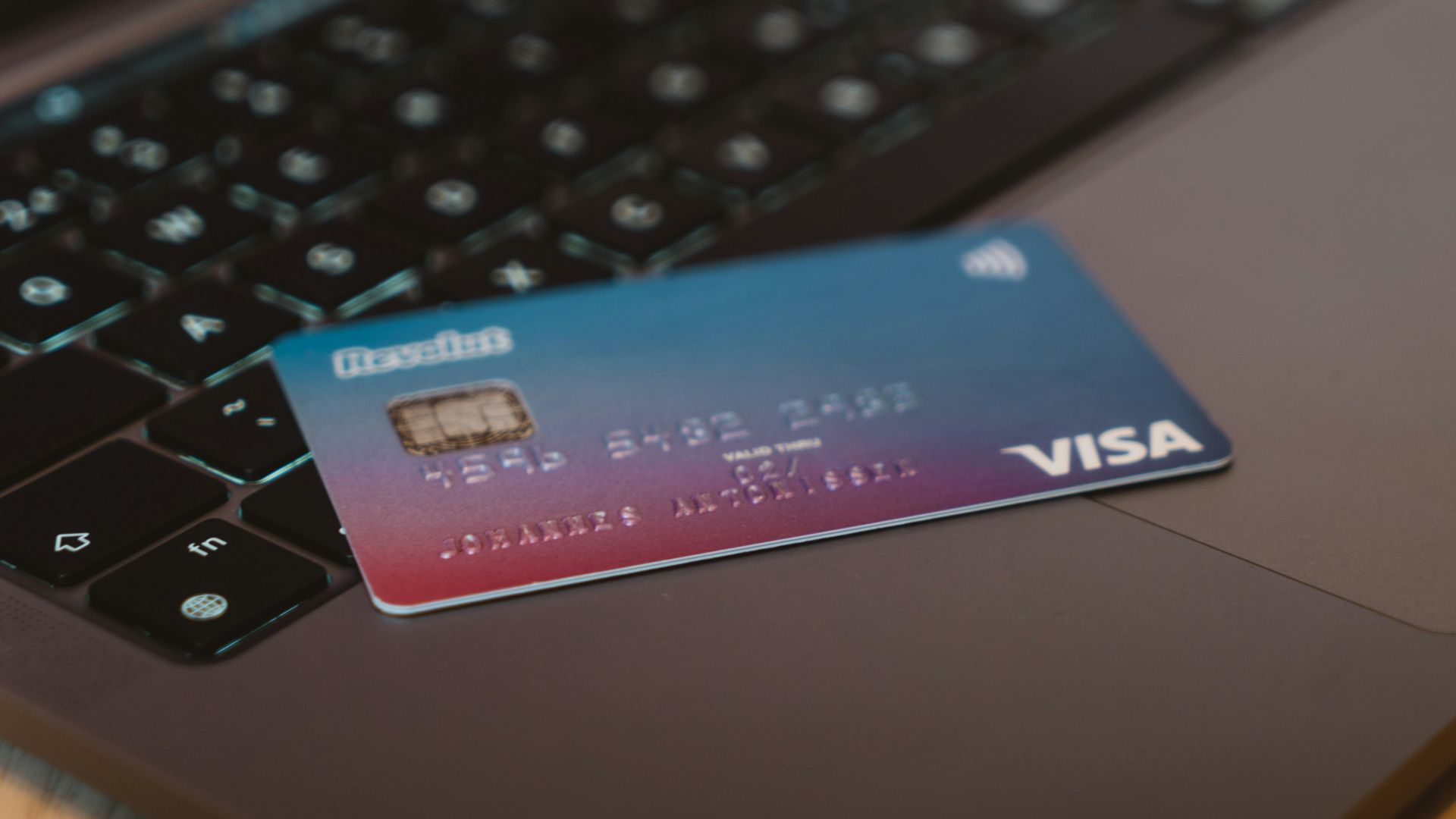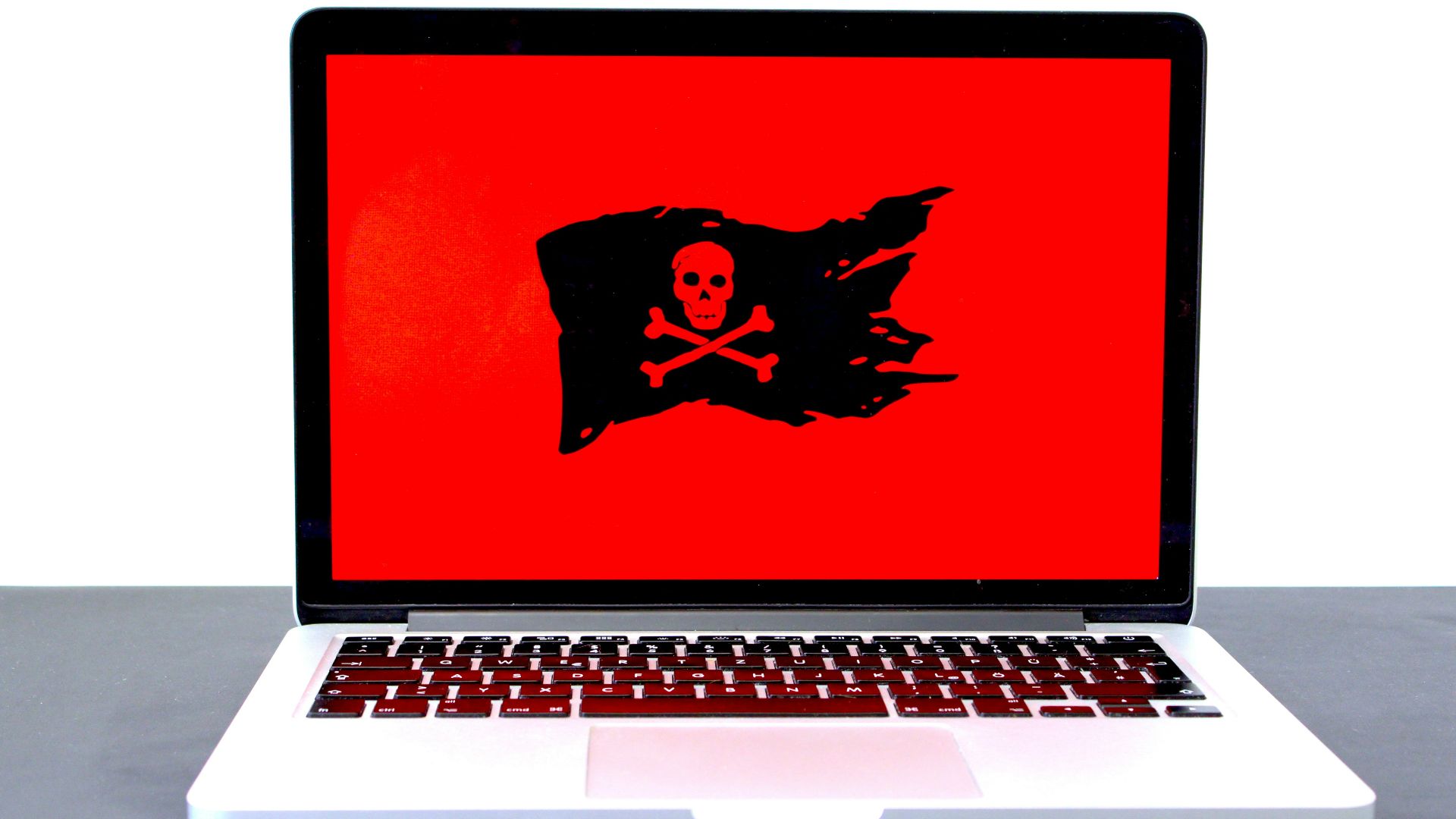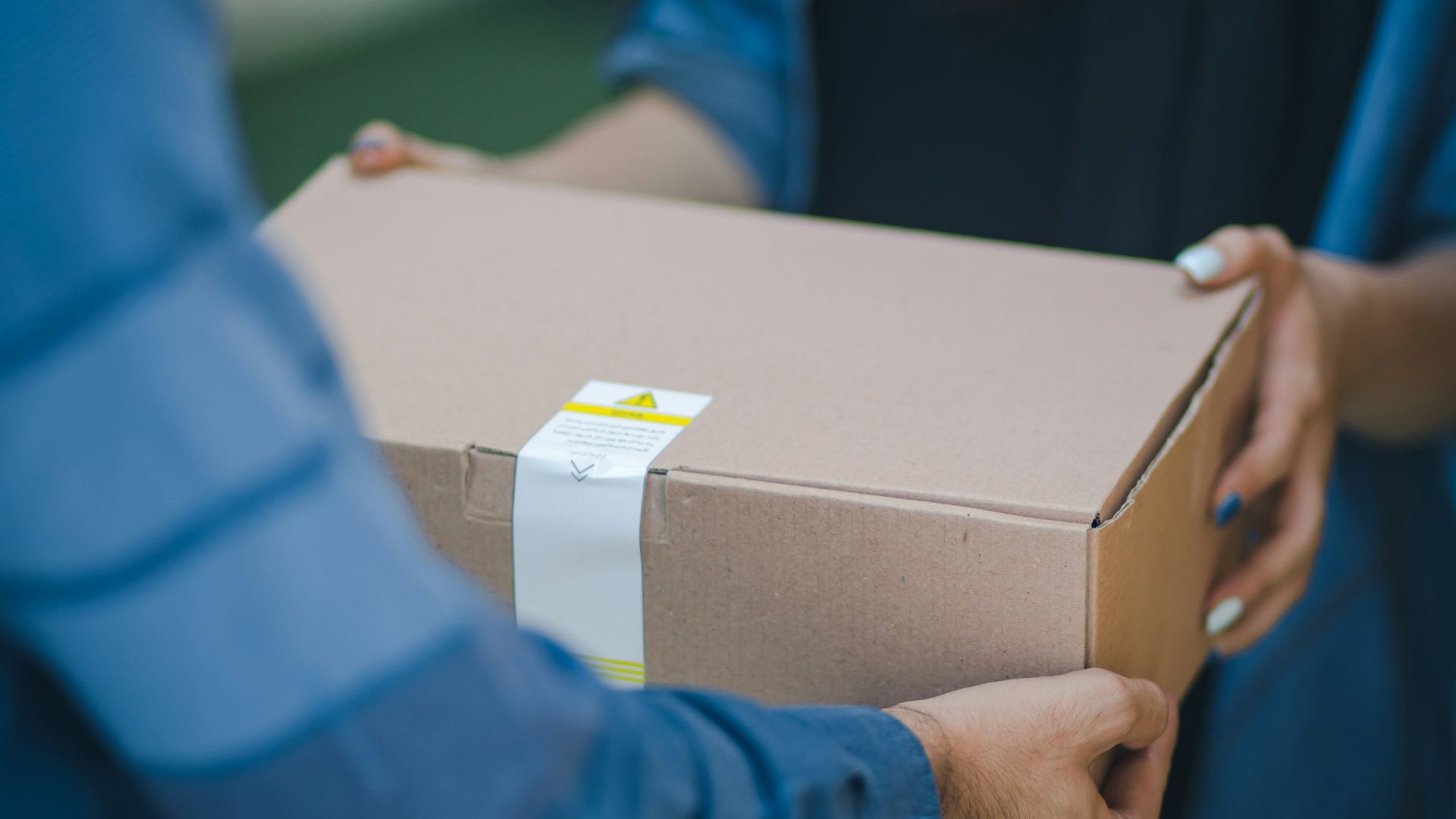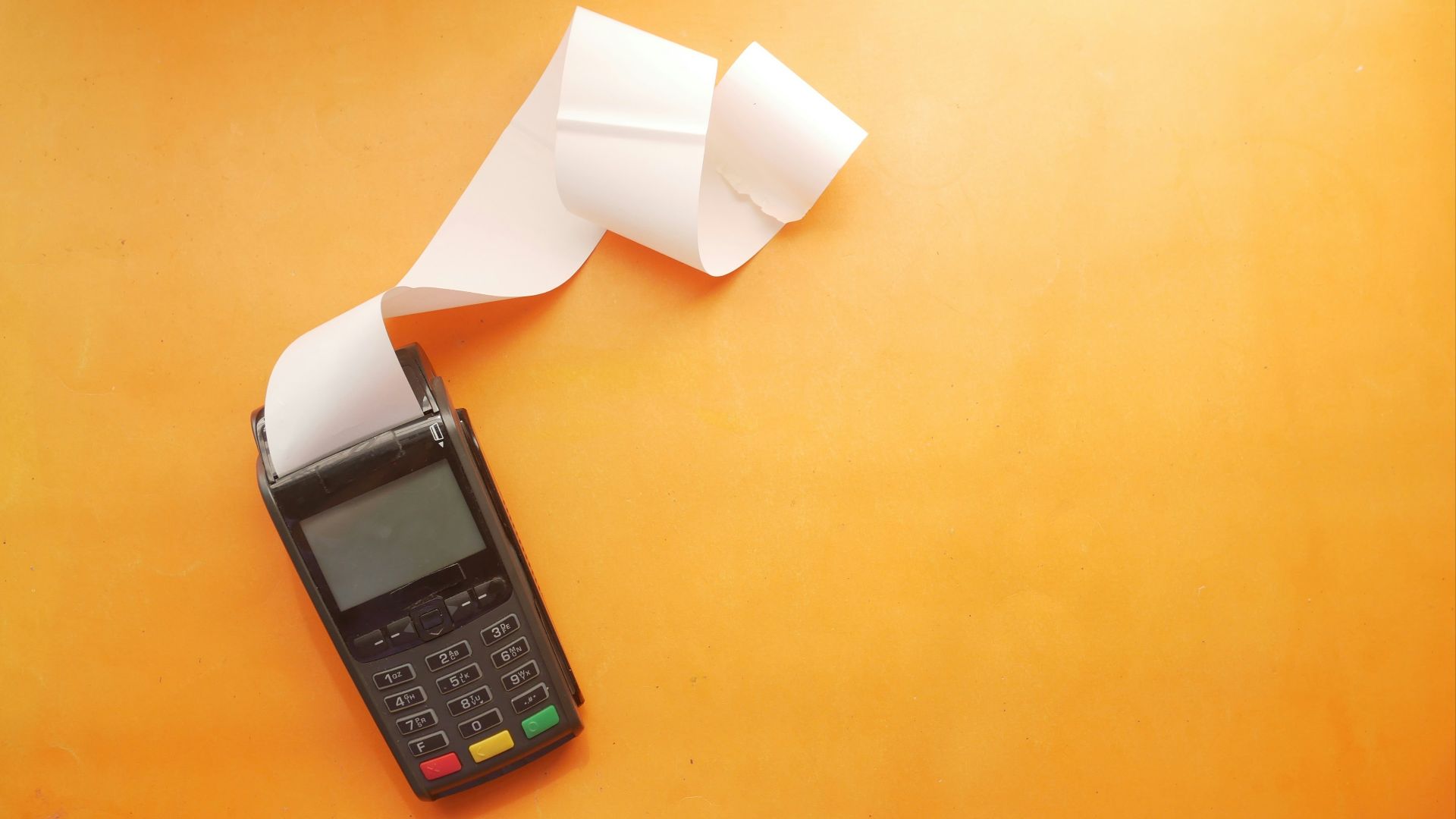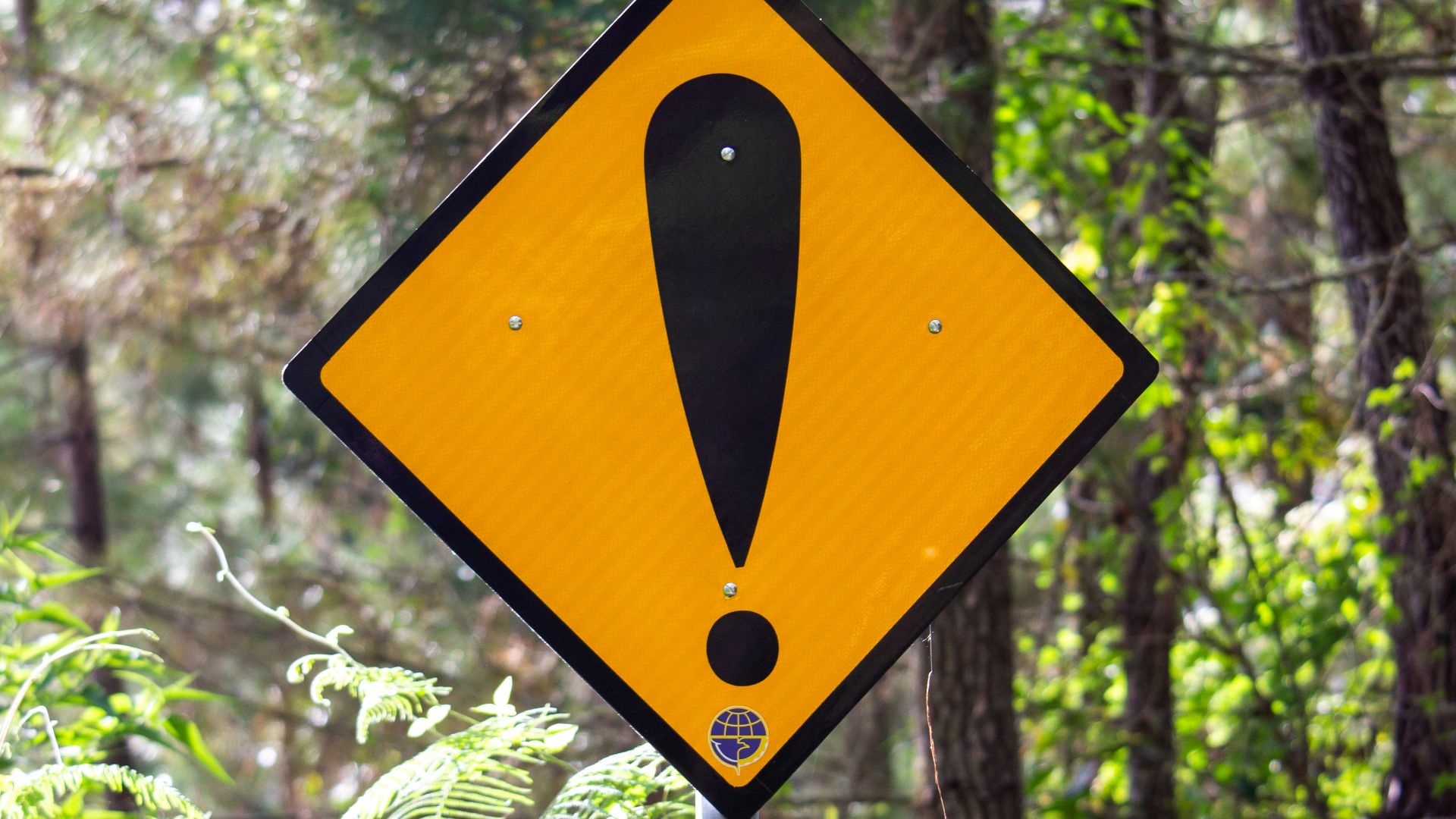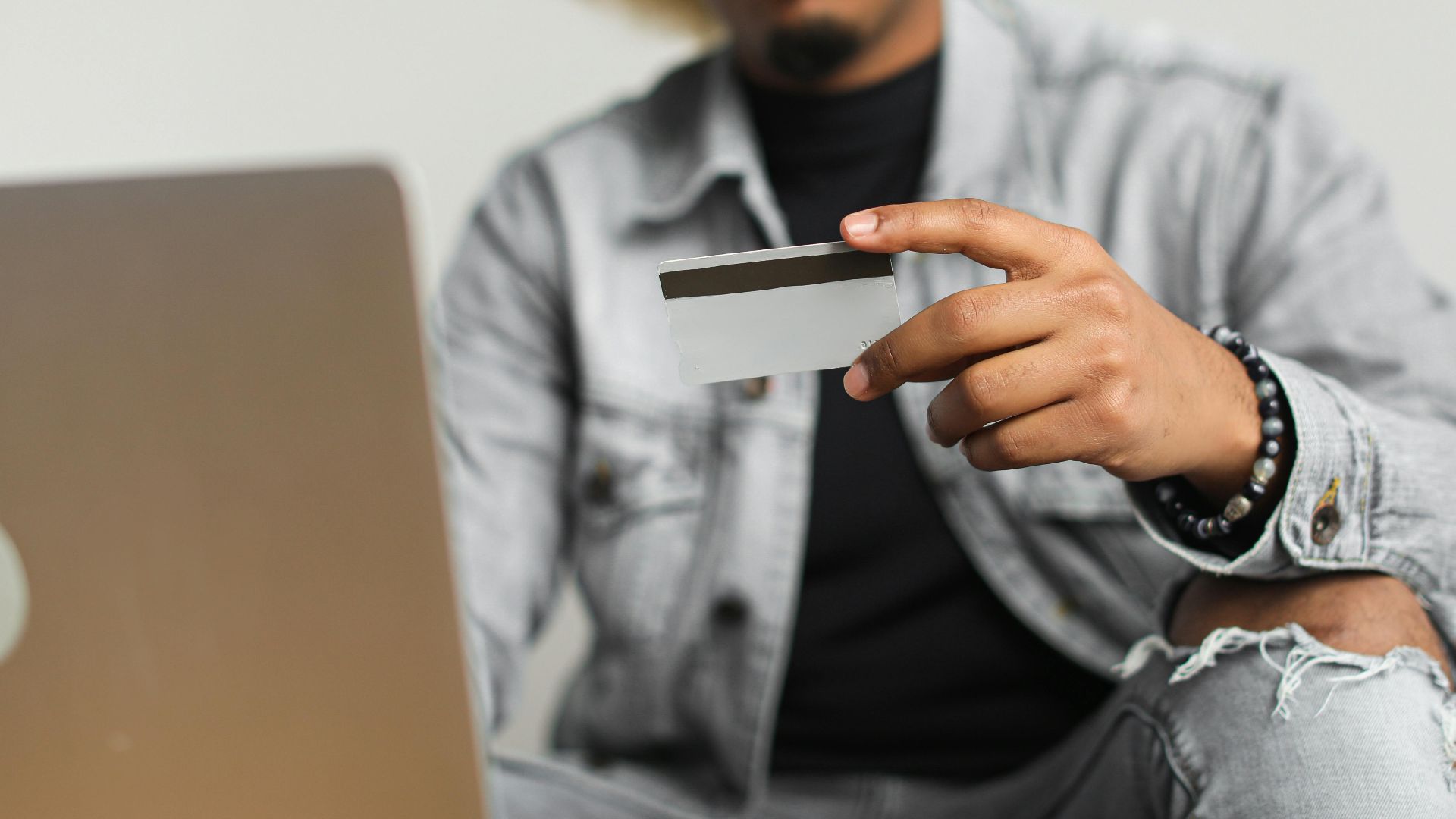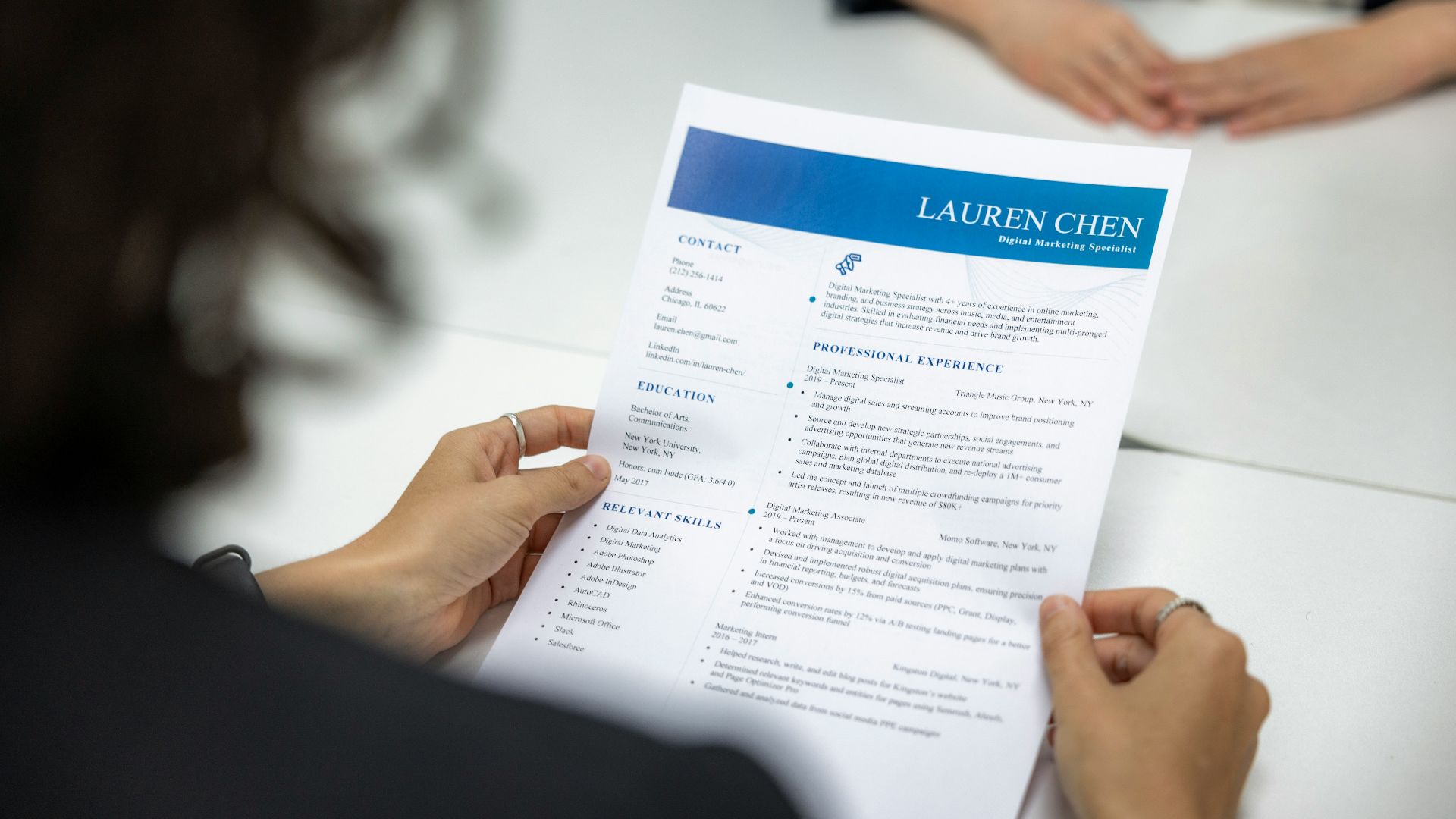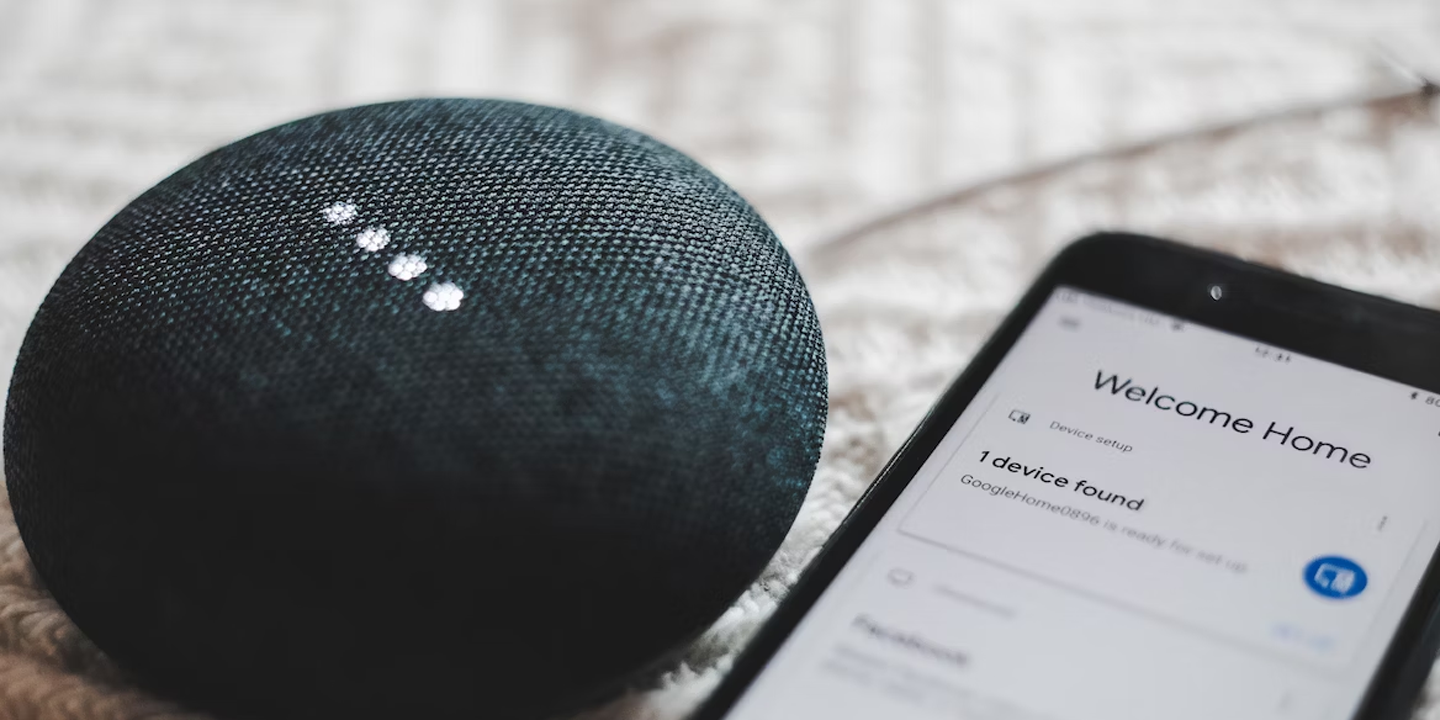Spam or Ham?
Admit it—you've probably got hundreds (if not thousands) of unread emails sitting in your inbox. But before you start clicking on any of them to clear the clutter, it helps to know which ones should go straight to junk and which ones you should actually read. So, how can you tell what's safe to open? Here are 10 emails you should always delete immediately (a.k.a spam), and 10 you'll definitely want to read (a.k.a ham!).
1. "You've Won a Prize!"
Any time you see a message in your inbox that claims you won a prize for something you never even entered, simply delete it and move on. Even if you've won the lottery, you'll most likely get a notification telling you to check your account—you'll rarely, if ever, be told outright in a poorly written email.
2. Job Offers You Didn't Apply For
Got an email telling you to reply back for an interview when you've never applied for the position or company? Yup: if it's too good to be true (you're being offered a senior role at Google), it is. Block the sender and move the email to your junk, spam, or trash folder.
3. Fraudulent Bank Alerts
Received a realistic-looking email from a sender who claims to be your bank, alerting you that there has been strange activity on your account and you need to log in to check your transaction history? Never click on any links—that's exactly what scammers want you to do. Instead, head to your banking app or website yourself to check if anything's amiss.
4. "You've Been Hacked" or "You Have a Virus"
If you receive any emails claiming to be "urgent" and that you either have a virus or you've been hacked by someone who's "recorded you through your webcam," simply block, delete, and move on. Never trust any of these emails. If you follow the links or the instructions in them, you'll actually be hacked.
5. Chain Emails
Remember chain emails? While they're not as common as before, if you still receive any in your inbox from people you know, just delete them. Tell your friends and family to stop sending them to you. Chain emails in themselves aren't inherently dangerous (unless they contain malicious links or attachments), but they'll still end up cluttering your inbox.
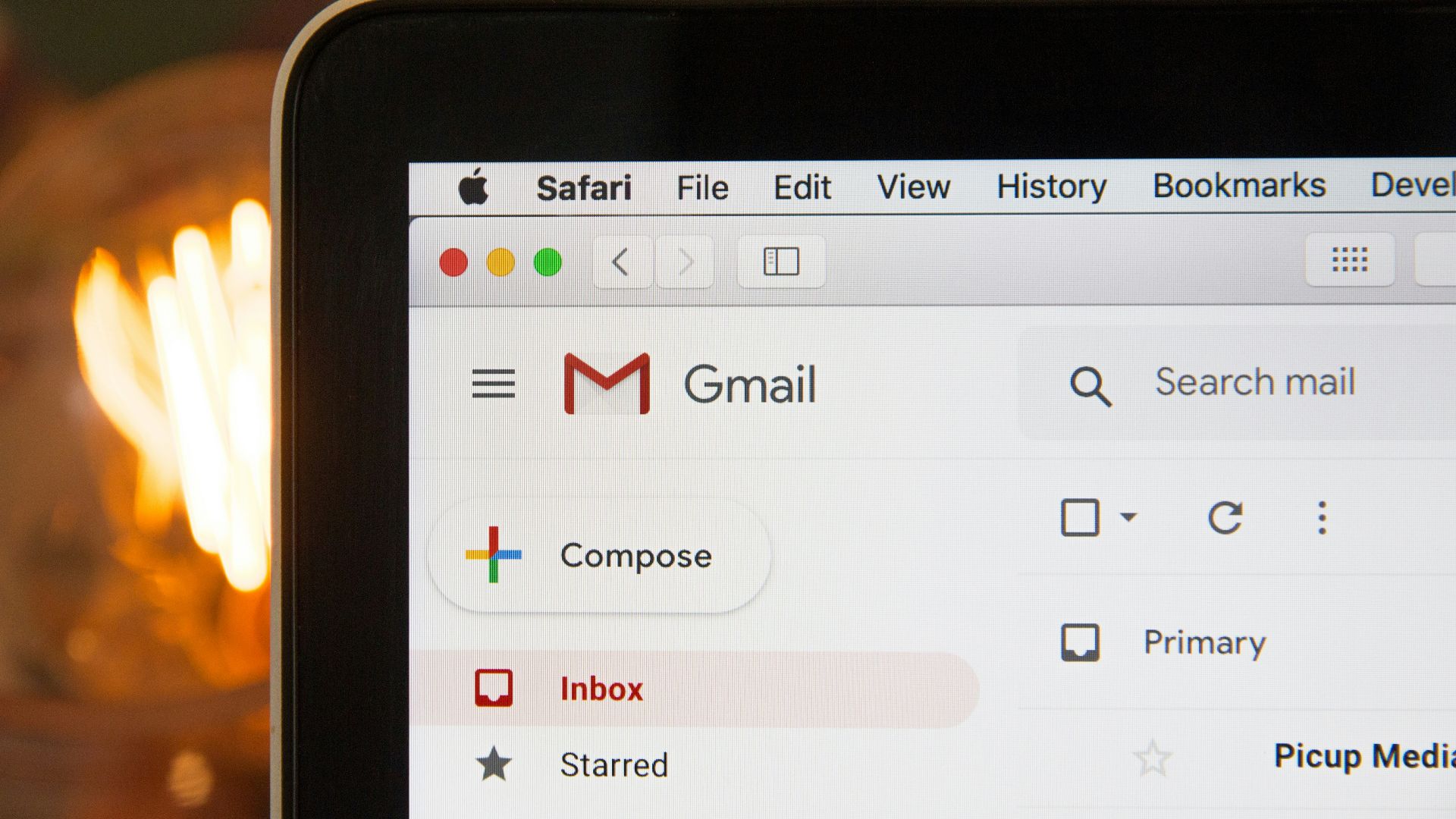 Stephen Phillips - Hostreviews.co.uk on Unsplash
Stephen Phillips - Hostreviews.co.uk on Unsplash
6. Lost Packages
It can sometimes be tempting to believe emails telling you that your package was misdelivered or that there's been a problem and you need to check your tracking, especially when you do have things you're waiting for in the mail. But instead of opening these emails, check the tracking on the website yourself. Again, never click on any links in these messages sent to your inbox, no matter how legitimate they look.
7. Long-Lost Friend
Sure, you really could have a long-lost friend out there, but if this so-called friend was reaching out just to get back in touch with you, they would probably do it through social media and keep their messages short. If they're including suspicious attachments, links, or information in an email, they're probably not someone you actually know, or their account has been hacked.
8. Bill Payment Issues
Similar to emails about packages being lost or misdelivered, you may sometimes get emails about bill payment issues, such as a transaction not going through or that there's been an overdue amount that you need to immediately pay off. Again, with these emails, log in to your account yourself (not through the links in the email) to verify the situation. Then block and delete.
9. Unsolicited Security Checks
Ever received an email saying your account has been compromised and you need to re-verify your account to continue? No matter how legitimate the email looks and how believable the message is, always head to the website or app yourself to reset your password.
10. Government Tax Man
The government will never email you claiming that you owe them money, so if you ever receive a message like this, simply block the sender and delete the email. If you have an account, you can log in yourself to check your details, but again, never click on any links given in emails from people you don't trust.
Wondering what type of emails you should open? Here are 10 you should always read.
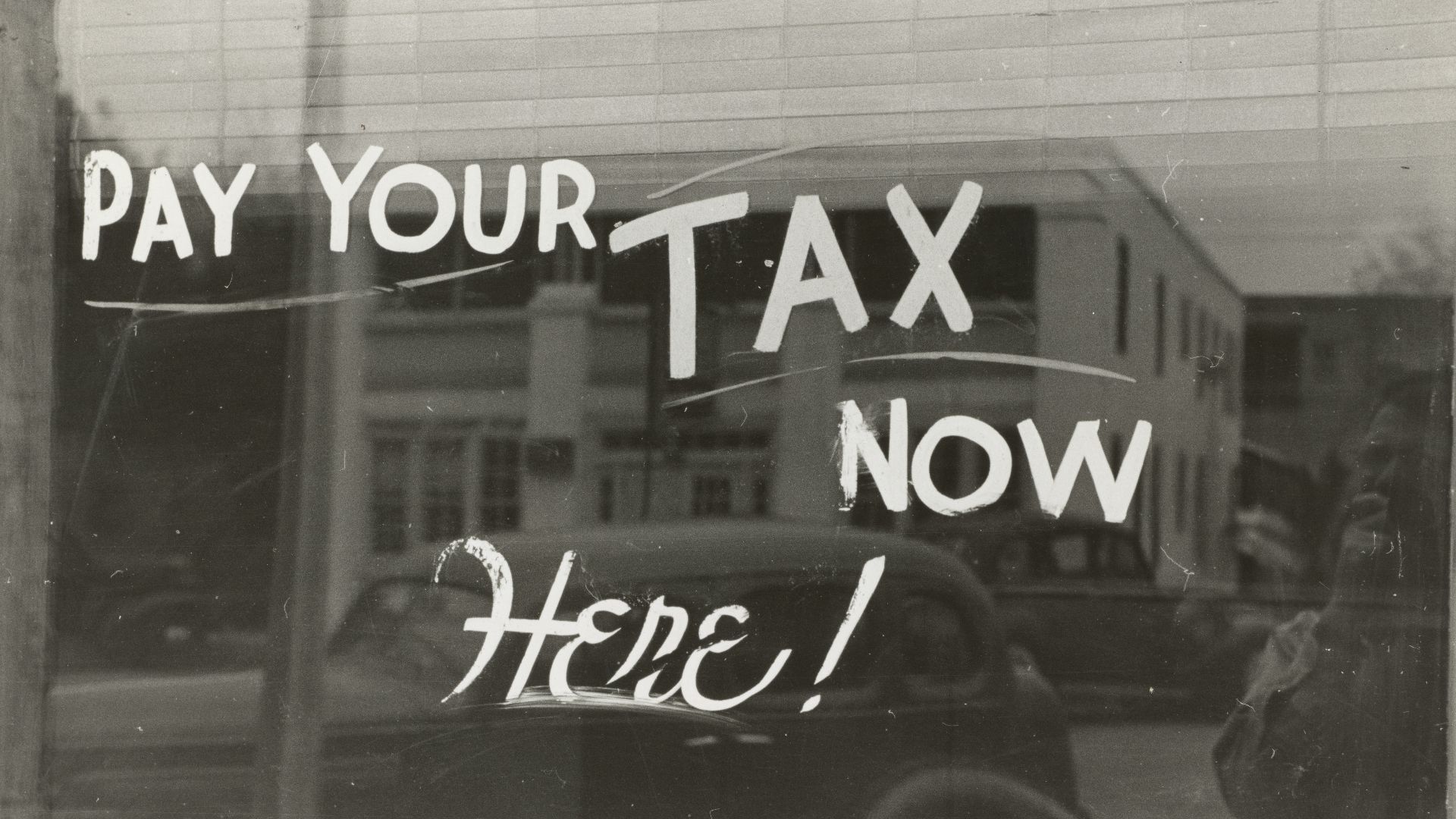 The New York Public Library on Unsplash
The New York Public Library on Unsplash
1. Bill Statements
If you're expecting your credit card, internet, TV, phone, or other bill statements, make sure to always open them when they do finally pop into your inbox. You don't want to accidentally mistake them for a scam and delete them, or else they'll be overdue and your services might be cut.
2. Appointment Confirmations
Have an appointment coming up? While you don't need to read these confirmation emails, they serve as great reminders so you don't accidentally put the wrong date or time in your calendar. Plus, if you need to reschedule, you'll know exactly who (and how) to contact.
3. Two-Factor Verification Codes
Signed up for two-factor verification on an account? You'll want to make sure to open these emails when logging in. If you don't, and you enter the code wrong, you may accidentally end up locking yourself out of your account.
4. Work Emails
Whether it's an email from your boss, manager, colleague, or client, you'll want to make sure you're always opening up their emails to read. Otherwise, you might miss important information, deadlines, or meeting details, which won't be a good look.
5. School Emails
Are you currently a student or do you have a child who is? Make sure you keep an eye out if you get emails from a school—they're often important. If you ignore them or send them to your junk folder, you might realize you're out of the loop later in the semester.
6. Password Reset Emails You've Requested
Random account verification emails can be suspicious and alarming, but if you've requested a password reset yourself, don't worry—you can safely click these links. Make sure you set a strong password that no one can guess, and keep it stored somewhere secure so you don't forget.
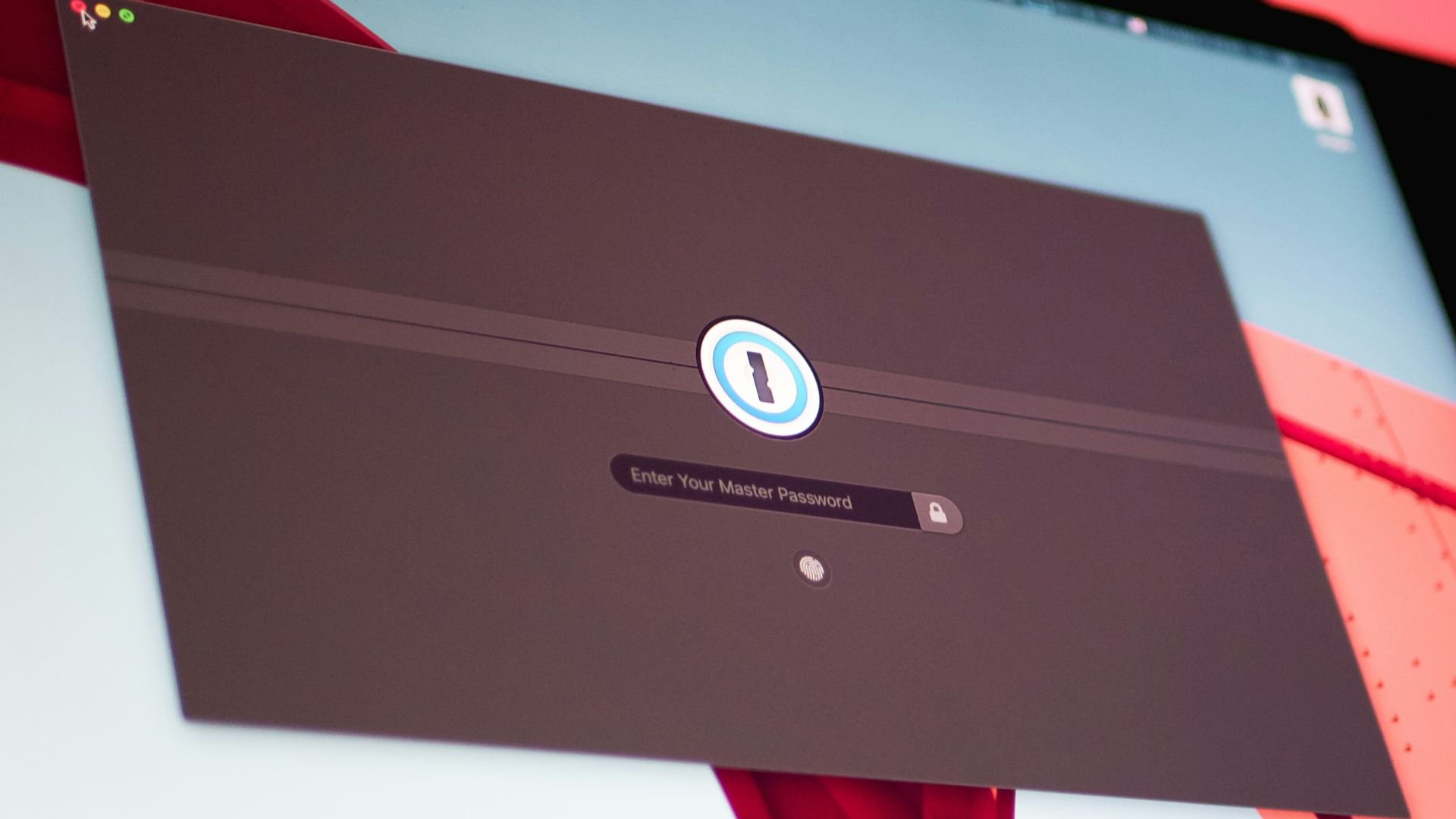 Volodymyr Kondriianenko on Unsplash
Volodymyr Kondriianenko on Unsplash
7. Receipts for Online Purchases
Bought something online? Remember to check your email for the receipt once you've placed your order—you don't want to be empty-handed if you need to do a return or exchange later on. Plus, it's also good to have confirmation of a transaction in case anything goes amiss.
8. Shipping Confirmations
Just as you should always check online receipts sent to your inbox, you should also remember to peek at shipping confirmations when they come in. These emails often include a tracking number, which will allow you to follow your package until it's delivered to your doorstep.
9. Travel Confirmations
No matter if it's information about your flights, accommodation, or vehicle rentals, you'll also want to make sure you check these travel confirmations when they come into your inbox. That way, you can double-check your itinerary and details, and make changes as necessary or needed before it's too late.
10. Job Application Updates
While you'll want to ignore emails from "employers" or "recruiters" from companies you didn't apply to, you'll want to follow up on the roles you did send your resume to. Make sure to keep note of the hiring manager or talent recruiter's name, so that you don't accidentally send their email to your junk folder when it comes.




